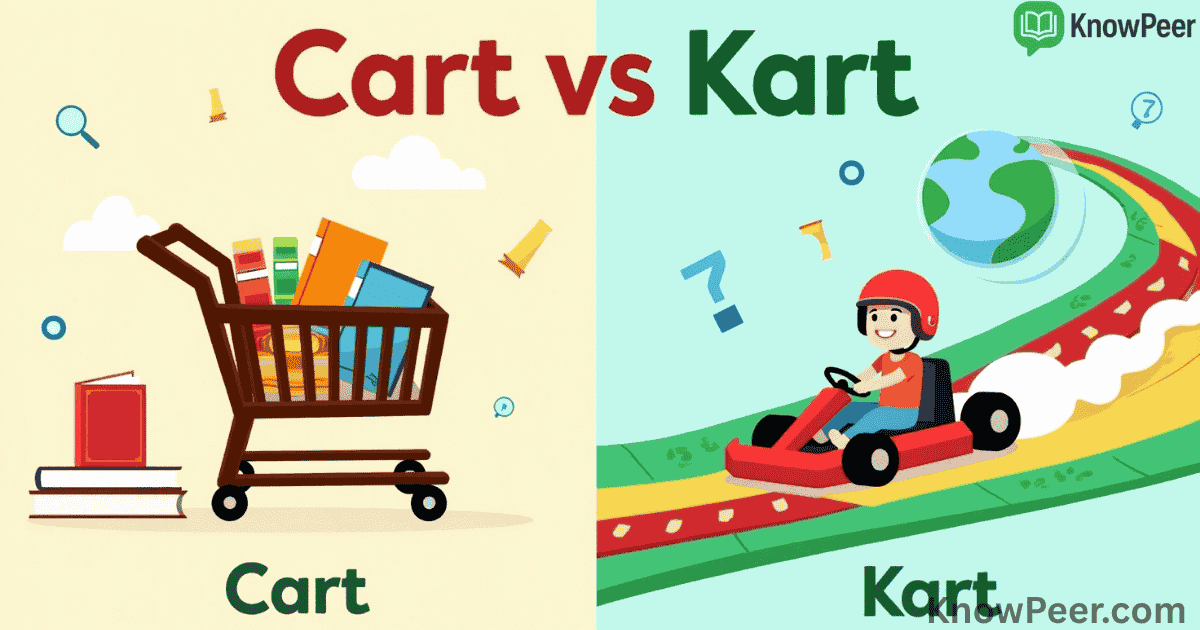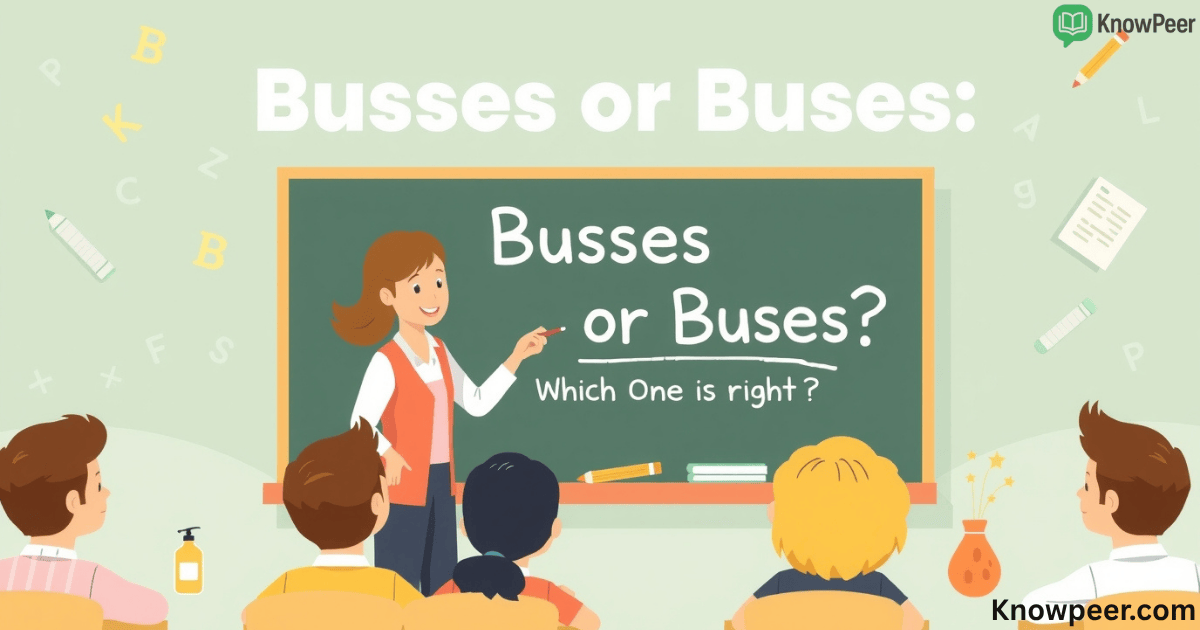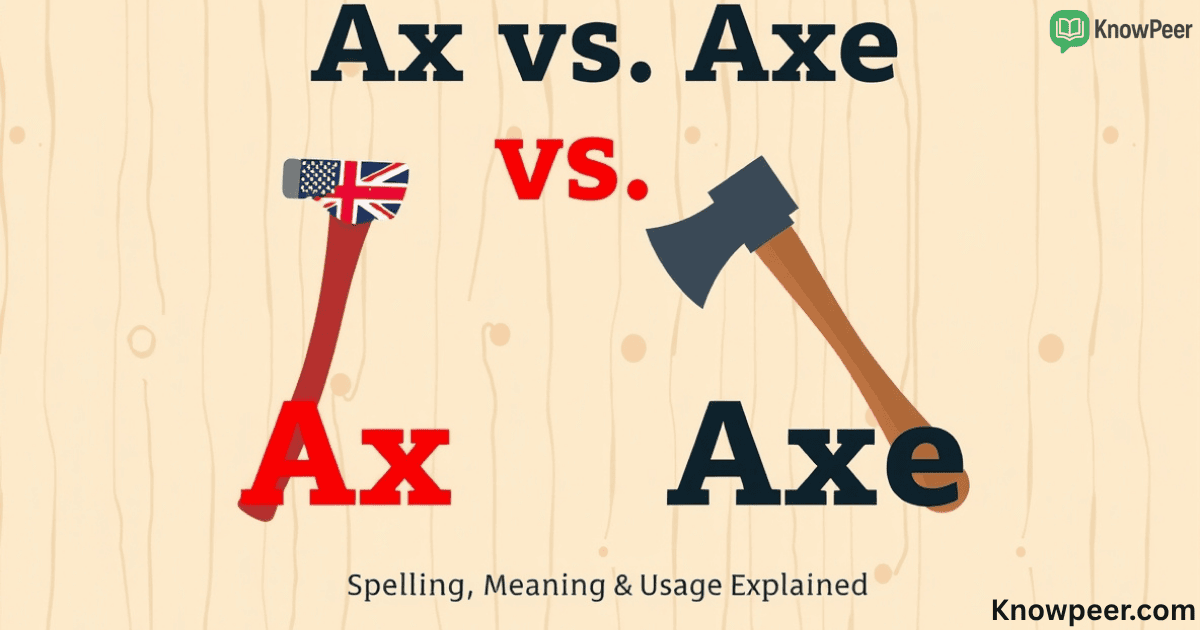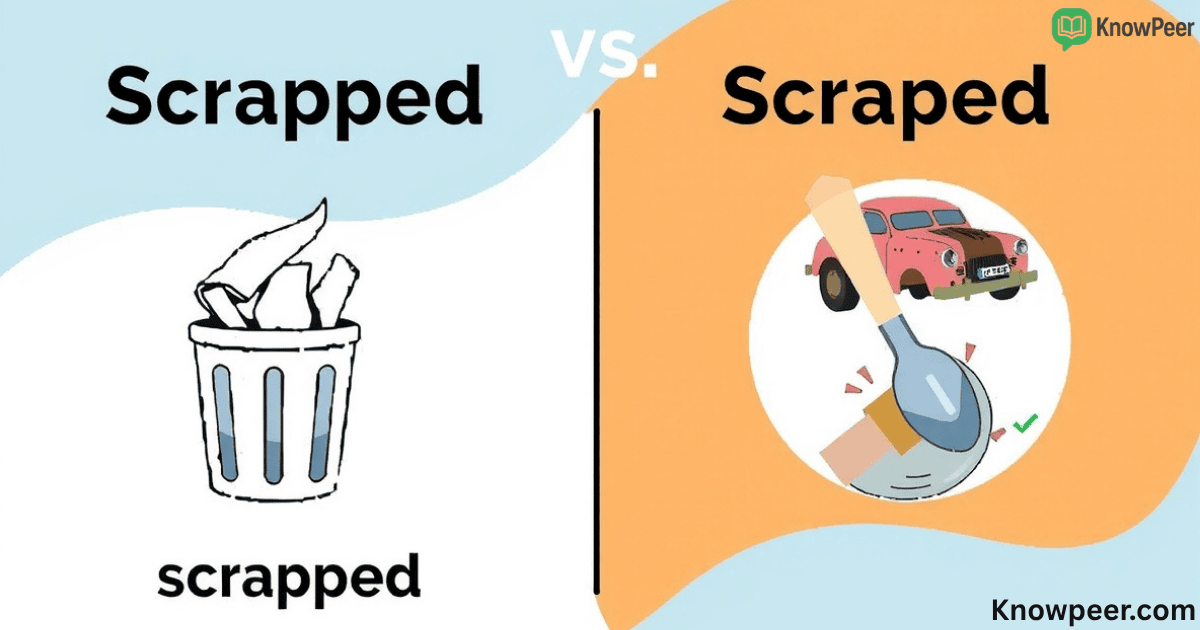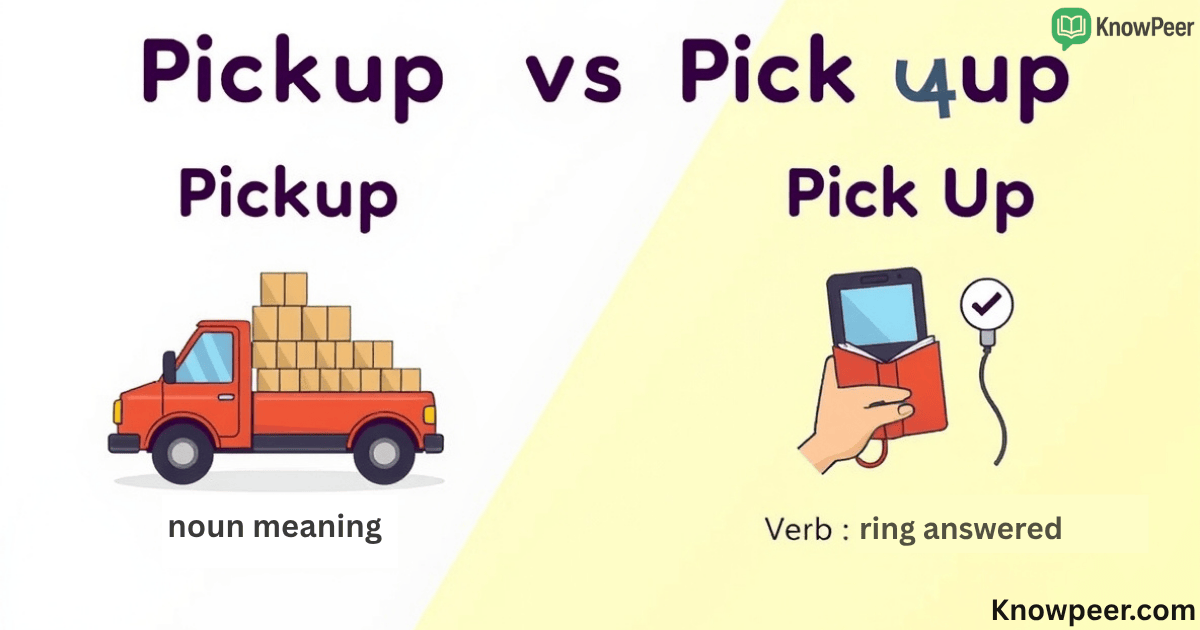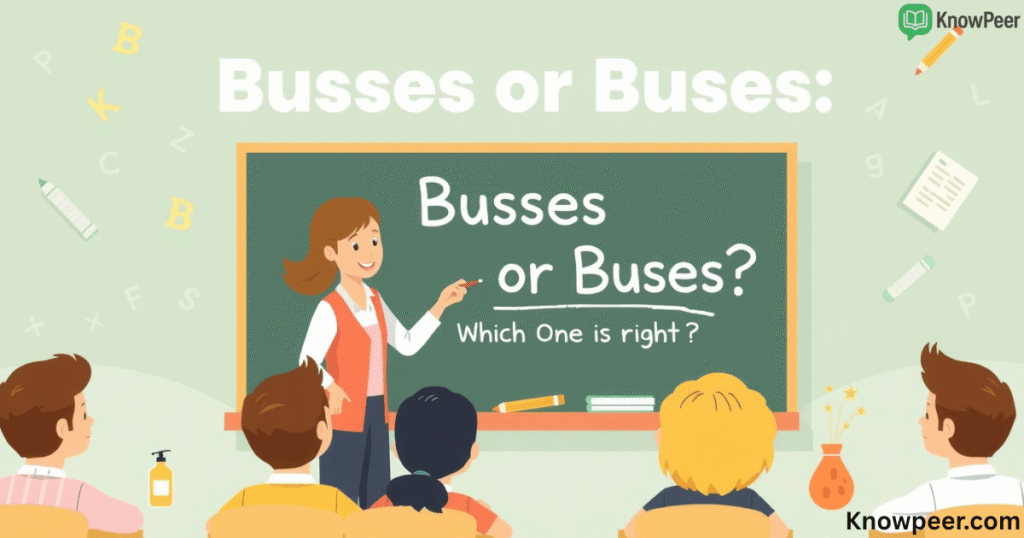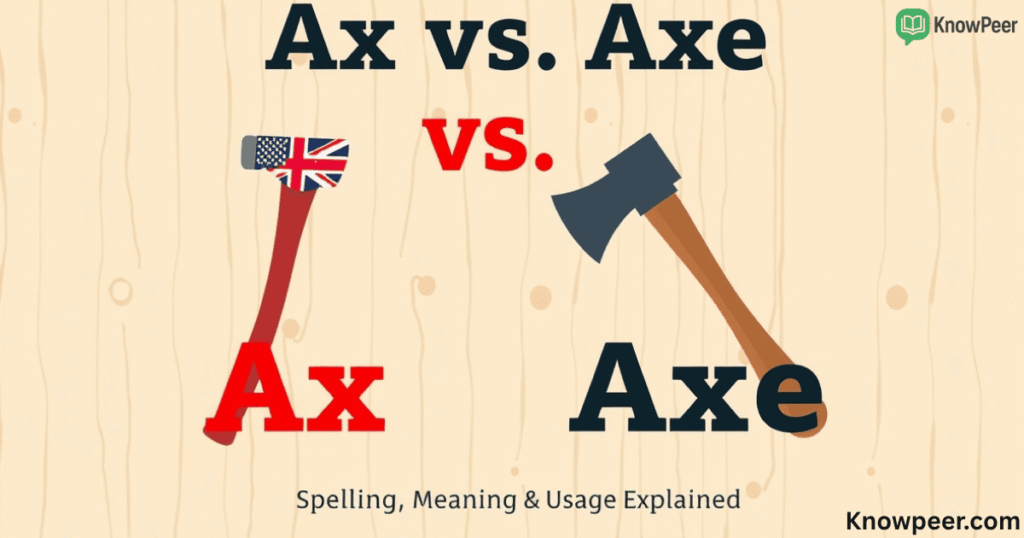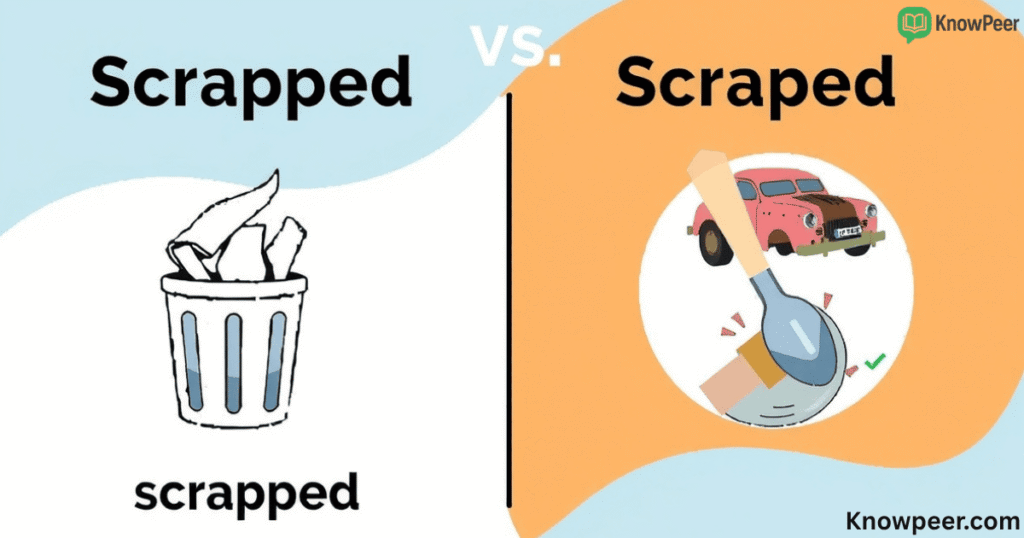Knowing the difference between cart vs kart might seem simple, but it actually opens the door to history, language, branding, and even racing culture. These two similar-looking words are often used incorrectly, even by native English speakers. Whether you’re writing a blog, naming a brand, or just curious, it’s important to know when to use “cart” and when to use “kart.”
Although they sound alike, “cart” and “kart” are very different in their meanings, usage, and background. One belongs to everyday shopping or online use, while the other belongs on racetracks and in gaming. In this article, you’ll discover how these two terms evolved, where they belong, and how to never confuse them again.
What Does “Cart” Actually Mean Today?
The word cart refers to a vehicle with wheels used to carry items. It’s used in many forms—like shopping cart, golf cart, hand cart, and online shopping cart. In modern use, you see carts in grocery stores, warehouses, airports, or websites when you’re adding items to buy. The idea is always about carrying, pushing, or transporting something.
Carts can be either physical or digital. A shopping cart on a website doesn’t have wheels, but it serves the same purpose—it holds your items until you’re ready to check out Cart vs Kart. This blend of real-world use and online technology keeps the word cart relevant in both retail and digital spaces. It is a word that adapts but never loses its core meaning of transport and utility.
What Is a “Kart” and Where Do You See It?
The word kart is most commonly linked with go-karts, which are small, fast racing vehicles. You usually see them on tracks or in video games like Mario Kart. Unlike a regular cart, a kart is not for carrying things. It’s built for speed, fun, and sports.
Go-karting has grown into a major industry, from children’s parties to professional racing. This makes “kart” a word full of energy, youth, and excitement. The spelling with a “K” makes it stand out and gives it a modern feel. It’s popular in branding, games, and motorsports. This is where “kart” enters pop culture, making it a completely separate word from “cart” despite the similar sound.
Root Origins of “Cart” vs “Kart”: A Linguistic Split
The word cart comes from the Old Norse word “kartr”, and also traces back to Latin. It’s been used for centuries to describe wagons, trolleys, and other wheeled carriers. Its root meaning has always been about movement and carrying a load. Over time, it stuck around in English as a very common word.
Kart, however, is much newer. It’s believed to have been adopted in the mid-20th century, most likely as a creative spelling of “cart” to refer to racing vehicles. By changing the “C” to a “K,” the new word looked fresher and more playful, which matched the spirit of go-kart racing. It wasn’t just a spelling choice—it was branding and identity.
The Rise of “Go-Kart”: Spelling Shift or Branding Strategy?

Go-karts were originally called “go-carts,” with a “C,” especially in early advertisements and designs. But as racing got popular, many manufacturers began using “go-kart” with a K to give it a punchier feel. This change stuck, and now “kart” is the standard spelling for these racing vehicles.
The decision to spell it “kart” was not random. It helped create a clear separation from ordinary carts. It also made it easier to trademark or brand products. Over time, “kart” became its own word—not just a playful misspelling, but a new term that refers specifically to small racing cars.
Real-world Usage: From Literature to Gaming
In books, the word cart often describes something being pulled or pushed, usually in older or rural settings. Think of horse-drawn carts, farmer’s carts, or wooden handcarts. On the other hand, kart appears more in modern and digital environments. It’s especially common in video games and sports magazines.
Take the popular game Mario Kart. It uses “kart” because it fits the style of fast-paced action. Using “cart” would sound strange and out of place. In modern English, “kart” creates excitement, while “cart” brings a more everyday or practical tone. The word choice changes the whole mood of the sentence.
Semantic Differences: Function, Context, and Perception
Although cart and kart sound the same, they serve totally different roles. A cart is something you use to carry goods, whether in a store, warehouse, or online shop. A kart is used for recreational or competitive racing. They belong to different worlds—commerce versus entertainment.
In people’s minds, “cart” feels slow, helpful, and useful. Meanwhile, “kart” feels fast, loud, and thrilling. The perception changes everything Cart vs Kart. That’s why writers and businesses must pick the right word. Using “cart” when you mean “kart” can feel awkward, and vice versa.
Morphology and Sound: Why They Seem Similar but Aren’t
Both cart and kart are one-syllable words with a hard “k” sound. That makes them homophones, which are words that sound the same but have different meanings. However, the different spelling gives each one a separate identity. Morphologically, “cart” sticks to traditional roots. “Kart,” on the other hand, feels like a modern remix.
The table below compares the structure and roots of both words:
| Word | Origin | First Known Use | Common Meaning | Field of Use |
| Cart | Latin / Old Norse | 14th Century | To carry or transport goods | Shopping, logistics, tech |
| Kart | English (modern innovation) | 1950s | Small racing vehicle | Motorsports, gaming |
Common Confusions: Why People Mix Up “Cart” and “Kart”
People often confuse “cart” with “kart” when typing quickly or if they’re not familiar with the word “kart.” In everyday speech, they sound identical. That makes spelling a bit tricky, especially when writing about racing or games.
You’ll often find online comments saying things like, “I love Mario Cart!” or “Let’s go cart racing!” These are innocent mistakes but can cause confusion. Knowing the context—transport or sport—will help you spell the right word without fail.
SEO and Branding: Why “Kart” Gets Chosen Online
In digital marketing, spelling matters. The word “kart” stands out more than “cart” in search engines. It’s less common, so it competes with fewer other pages. That’s why brands often choose “kart” in their names—like “FastKart Racing” or “KartZone”—even when they’re just trying to sound fun or modern.
If you search for “cart”, you might find millions of results about shopping carts. But searching “kart” brings up only racing-related results. This makes “kart” a smart choice for businesses that want strong SEO impact and brand identity.
What Style Guides and Dictionaries Say
The Oxford English Dictionary lists “cart” as a noun meaning a vehicle for carrying loads. It also includes its verb form—“to cart something” means to carry it somewhere. Meanwhile, “kart” is listed separately, clearly marked as a racing term, often linked to go-karts.
Both the AP Stylebook and the Chicago Manual of Style accept “kart” as standard when talking about racing. However, they advise writers not to mix them. Use “cart” for general or commercial purposes. Use “kart” when the subject is related to motorsports or games. This avoids confusion and keeps writing clear Cart vs Kart.
Industry Use Cases: Shopping, Racing, and Digital Media
Different industries rely on these words in specific ways. In e-commerce, “shopping cart” is one of the most used terms, second only to “buy now.” In motorsports, “kart racing” is a major activity for both kids and adults. And in digital media, “go-kart videos” and “kart racing games” are popular search terms.
This difference is not just about language—it affects design, marketing, and customer experience. Whether you’re selling groceries or creating a mobile game, picking the correct word is crucial for user trust and clarity.
Examples in Sentences: “Cart” vs “Kart” in Action
Let’s compare their real use in sentences to highlight the difference.
Examples of “Cart”:
I pushed the shopping cart down the aisle.
Add your items to the cart before checking out online.
They loaded the boxes onto the hand cart.
Examples of “Kart”:
He drove a fast go-kart around the track.
We played Mario Kart for hours last night.
The kids entered a kart race at the fair.
Synonyms, Related Words, and Phrasal Variants
Here’s a table of LSI keywords and synonyms that relate to “cart” and “kart”:
| Word Type | Cart Synonyms | Kart Synonyms |
| Common | Trolley, Wagon, Buggy | Racer, Mini-car, Sprint Car |
| Digital | Basket, Checkout List | Racing Game, Karting App |
| Phrasal | Push a cart, Add to cart | Go-kart racing, Kart competition |
Word Trends: How Technology Is Changing Usage
As people speak into phones and use voice search, spelling errors between cart and kart are more common. Autocorrect usually favors “cart” because it’s more common. This causes “kart” to be misspelled more often, especially in informal texts or search queries.
But as gaming and motorsport content grows, “kart” is gaining ground. Younger audiences recognize it instantly from games and racing tracks. That means we may see both words continue growing—but for different reasons and different audiences.
Tips to Never Mix Them Up Again
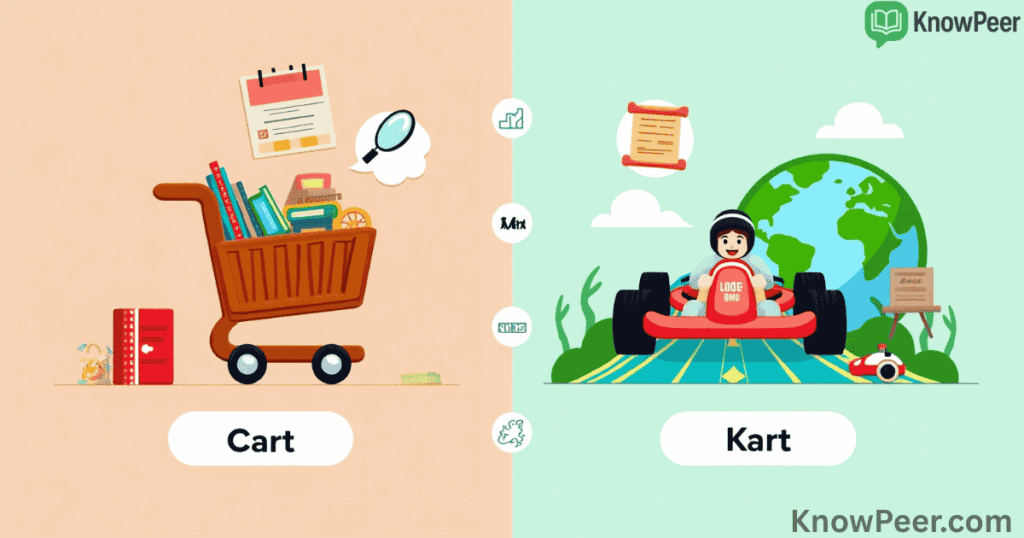
Here’s an easy trick to remember: if you’re carrying something, it’s a cart. If you’re racing or having fun, it’s a kart. Also, “K is for kickstart” and “C is for carry”—a good way to memorize which is which.
Think about how the word sounds and where it’s used. A cart helps you shop. A kart helps you speed. Simple and unforgettable.
Case Studies: Real Brands and Naming Decisions
Case Study 1: An E-commerce Startup
A startup originally named “QuickKart” offered groceries online. They used “kart” for a trendy vibe, but users kept searching “QuickCart” by mistake. They eventually rebranded to match expectations. SEO dropped until the correct spelling aligned with the market’s habits.
Case Study 2: A Racing Entertainment Company
A family entertainment center launched a new section for kids called “Kid Kart Zone.” They saw massive online success because “kart” clearly told parents it was about racing. No confusion, no bounce rate—just targeted results and happy customers.
Conclusion
Even though “cart” and “kart” sound the same, their meanings, uses, and impressions couldn’t be more different. One is made to carry; the other is made to race. From e-commerce to motorsports, spelling the right one means everything.
Use “cart” when you talk about shopping, transport, or carrying items. Use “kart” when the topic is speed, games, or fun. That one letter—C or K—changes the whole world the word belongs to. Remember that, and you’ll never get it wrong again.

